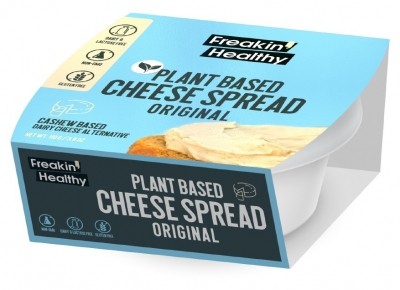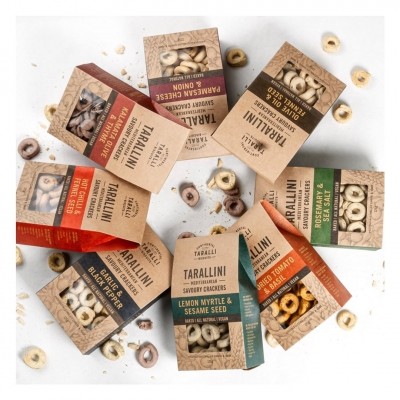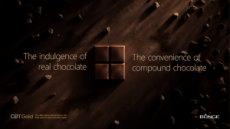Kellogg’s exclusive part I: Marketing chief reveals snackification and functional foods as major post-COVID Asia trends

The Kellogg Company, which does business as Kellogg’s, is one of the world’s largest food and beverage firms best-known for its breakfast cereals as well as rapidly-growing snack product portfolio, providing it with a prime position to recognize up-and-coming consumer trends within the industry.
According to the firm’s Chief Marketing Officer for South East Asia Sanjib Bose, many trends that were initially just in the up-and-coming stage were strongly accelerated by the arrival of the COVID-19 pandemic, and several of these are now heavily influencing the company’s business direction and strategies.
“Most of the trends we’re seeing now are really not things that just popped up with COVID-10, but more of trends that were already around for some time but really got accelerated by it,” Bose told FoodNavigator-Asia.
“Amongst those that we have found are having the biggest impact on Kellogg’s include the rise of naturally functional products, where people now really want to get more benefits and nutrition from plants in a convenient manner, e.g. via snacks or cereals.
“This is definitely one of those trends that are going to stay around, and is going to keep growing as things move forward with more and more industry players looking at relevant solutions. And obviously, as a plant-based food company, it really works well for us.”
He also highlighted how the pandemic has transformed consumers meal locations and timings, increasing the search for snack items as opposed to proper meals.
“Snackification is really another big one for us that was very strongly accelerated by COVID-19 – The pandemic has left some changes that are likely to be permanent, such as hybrid working, which means blurring lines for meal locations and meal times compared to before.
“With these blurring lines, consumers are now looking for multiple, smaller-portioned, bite-sized food throughout the day – which means there are now many consumption moments popping up that did not exist previously, and that’s where snackification is really becoming a big trend.
“Within this though, I am also seeing that what people are most looking for is actually permissible indulgence. Post-COVID they now understand the importance of being healthy and having a strong immune system to keep going – but they also don’t want to give up all the good foods they enjoy, so start looking for options that can provide them with moderation and balance, which is what companies like us are working to innovate for them.”
Many of Kellogg’s most popular items are in tandem with at least one of these two trends, from its Kellogg’s cereal snack bars to its Cheez-It snacks made with different cheeses, as well as its Special K cereal known to have a better nutritional profile than regular cereal due to its ‘real’ fruit and nut content.
Emerging categories
Bose also told us of a new ‘relaxation’ category that the company has recognized as an emerging trend, which it will be looking at developing further in the future.
“We have seen that foods for mood and mind, particularly that can help people relax, these foods have really bubbled up as of late,” he said.
“It’s mostly things that can help one relax and give them a moment of mindfulness – a very different space from what we normally look at which is providing protein and energy to recharge consumers for the day.
“We do have some exciting solutions on the way and really think that this is going to be a big space, things like perhaps using natural herbs in snacks or food to calm down the senses, to move from recharging to relaxing – it’s gong to be big, in my view.”
It’s all going digital
Unsurprisingly, Kellogg’s has also recognised the large shift that consumers have made towards online shopping, and has also responded accordingly as can be seen by its vast online presence and specialized e-stores on popular e-commerce platforms such as Shopee and Lazada.
“Consumers’ shopping behaviour has definitely changed, especially in South East Asia due to the immense mobile penetration in this region,” said Bose.
“Before, e-commerce was really very focused on things like cosmetics or electronics or travel, but now it’s also really accelerated for F&B and e-groceries. More and more players are coming in either as e-grocers or even in last mile delivery where the omnichannel shopping is – and this is getting really big and having a massive impact on the overall Consumer Packaged Goods (CPG) sector.”






















